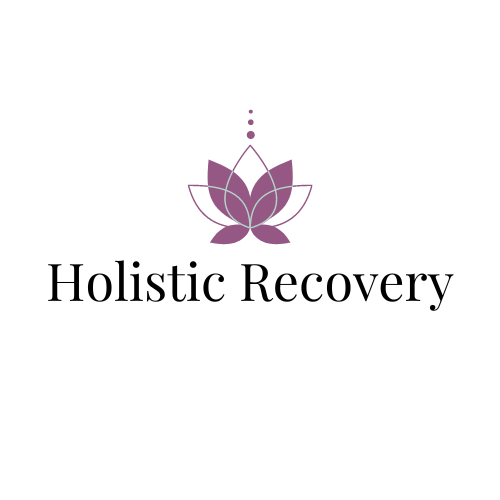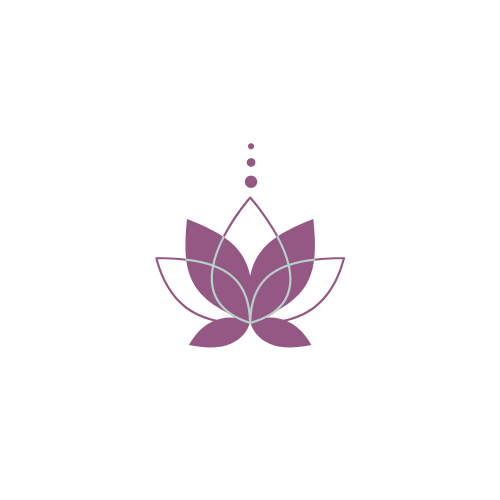
Shame and Addiction: Unravelling the Hidden Wound
Shame is one of the most devastating companions of addiction. It is a heavy silence that follows every relapse, every broken promise, every attempt to get better that doesn't quite hold. For many living with addiction, shame becomes a second skin — a quiet but constant voice whispering, You're not enough. You've failed again. You'll never change.
This shame is often not imposed directly by others but emerges from within, fed by the secrecy, the regret, and the distance addiction creates from loved ones and from one's true self. It isolates. It corrodes self-worth. And perhaps most painfully, it convinces the person suffering that they do not deserve care, connection, or compassion.
Why Shame Fuels Addiction
In the beginning, the substances or behaviours may offer relief, distraction, or escape. They may quiet the mind, numb the pain, or offer a momentary sense of control. But soon after, the shame returns — now heavier, now layered with guilt. This leads to a cycle: feeling bad, using to cope, feeling worse. The more one tries to self-soothe, the more shame accumulates.
It is a deeply human response to seek comfort in the face of pain. The problem is not the desire to feel better; the problem is that the path to relief is paved with silence and self-judgement.
Looking Deeper: The Shame Beneath the Surface
For many people, shame did not begin with addiction. In fact, addiction often emerges because of shame that was already there. The roots of this shame often stretch back into early life — into childhood experiences of neglect, emotional abandonment, criticism, or trauma.
When a child feels unseen, unsafe, or unloved, they naturally begin to question their own worth. If a caregiver is inconsistent or harmful, the child does not say, Something is wrong with them. Instead, they say, Something must be wrong with me. This early belief becomes the blueprint for self-perception. It creates a deep, often unconscious wound that shapes the way a person relates to themselves and to the world.
Over time, this internalised shame takes many forms. It may show up as people-pleasing, perfectionism, emotional numbness, or chronic anxiety. And in some cases, it finds expression through addiction — an attempt to fill the void, silence the inner critic, or escape from a self that feels fundamentally flawed.
The Inner Critic and the Cycle of Self-Blame
One of the most powerful ways shame maintains its grip is through the inner critic — that relentless inner voice that judges, compares, and condemns. The critic may sound like a parent, a teacher, or a cultural message, but its words are internal: You're weak. You're too much. You're not trying hard enough.
The more this voice speaks, the more disconnected a person feels from their own value. And the more disconnected they feel, the more likely they are to seek out temporary forms of comfort, continuing the cycle of addiction and shame.
Healing Through Compassion
The antidote to shame is not punishment or more willpower. It is compassion — a gentle, consistent willingness to see oneself not as broken, but as wounded. Healing begins when shame is met with understanding. When the pain that fuels addiction is acknowledged, not ignored. When a person feels safe enough to tell their story without fear of rejection.
Recovery is not simply about stopping a behaviour. It is about restoring the connection between the self and the truth: that every person is worthy of care. That addiction is not who someone is, but something they have used to survive. That beneath the shame, there is always a deeper story longing to be heard.
A New Path Forward
If you are carrying shame, know that you are not alone — and you are not beyond healing. Your addiction does not define you. Your past does not disqualify you from connection, peace, or purpose. You are allowed to start again. You are allowed to heal.
The path forward is not a straight line. It is a journey of returning to your own humanity, one step, one breath, one act of kindness at a time.




